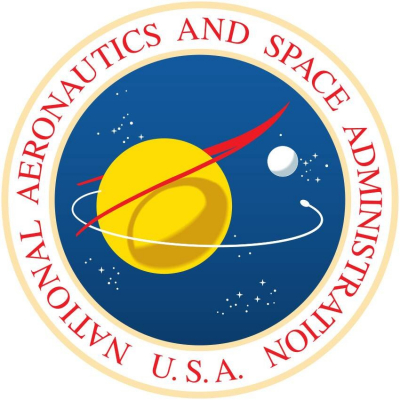Curiosity is a car-sized Mars rover designed to explore the Gale crater on Mars as part of NASA's Mars Science Laboratory (MSL) mission. Curiosity was launched from Cape Canaveral (CCAFS) on 26 November 2011, at 15:02:00 UTC and landed on Aeolis Palus inside Gale crater on Mars on 6 August 2012, 05:17:57 UTC. The Bradbury Landing site was less than 2.4 km (1.5 mi) from the center of the rover's touchdown target after a 560 million km (350 million mi) journey.Mission goals include an investigation of the Martian climate and geology, assessment of whether the selected field site inside Gale has ever offered environmental conditions favorable for microbial life (including investigation of the role of water), and planetary habitability studies in preparation for human exploration.In December 2012, Curiosity's two-year mission was extended indefinitely, and on 5 August 2017, NASA celebrated the fifth anniversary of the Curiosity rover landing. The rover is still operational, and as of 6 August 2022, Curiosity has been active on Mars for 3555 sols (3652 total days; 10 years, 0 days) since its landing (see current status).
The NASA/JPL Mars Science Laboratory/Curiosity Project Team was awarded the 2012 Robert J. Collier Trophy by the National Aeronautic Association "In recognition of the extraordinary achievements of successfully landing Curiosity on Mars, advancing the nation's technological and engineering capabilities, and significantly improving humanity's understanding of ancient Martian habitable environments." Curiosity's rover design serves as the basis for NASA's 2021 Perseverance mission, which carries different scientific instruments.
The National Aeronautics and Space Administration (NASA ) is an independent agency of the U.S. federal government responsible for the civilian space program, as well as aeronautics and space research.NASA was established in 1958, succeeding the National Advisory Committee for Aeronautics (NACA). The new agency was to have a distinctly civilian orientation, encouraging peaceful applications in space science. Since its establishment, most US space exploration efforts have been led by NASA, including the Apollo Moon landing missions, the Skylab space station, and later the Space Shuttle. NASA is supporting the International Space Station and is overseeing the development of the Orion spacecraft, the Space Launch System, Commercial Crew vehicles, and the planned Lunar Gateway space station. The agency is also responsible for the Launch Services Program, which provides oversight of launch operations and countdown management for uncrewed NASA launches.
NASA's science is focused on better understanding Earth through the Earth Observing System; advancing heliophysics through the efforts of the Science Mission Directorate's Heliophysics Research Program; exploring bodies throughout the Solar System with advanced robotic spacecraft such as New Horizons; and researching astrophysics topics, such as the Big Bang, through the Great Observatories and associated programs.

2012Aug, 6
NASA's Curiosity rover lands on the surface of Mars.
Choose Another Date
Events on 2012
- 13Jan
Costa Concordia disaster
The passenger cruise ship Costa Concordia sinks off the coast of Italy due to the captain's negligence and irresponsibility. There are 32 confirmed deaths. - 2Jun
2011 Egyptian revolution
Former Egyptian President Hosni Mubarak is sentenced to life imprisonment for his role in the killing of demonstrators during the 2011 Egyptian revolution. - 19Jun
Julian Assange
WikiLeaks founder Julian Assange requested asylum in London's Ecuadorian Embassy for fear of extradition to the US after publication of previously classified documents including footage of civilian killings by the US army. - 11Sep
2012 Benghazi attack
The U.S. embassy in Benghazi, Libya is attacked, resulting in four deaths. - 23Oct
Digital switchover
After 38 years, the world's first teletext service (BBC's Ceefax) ceases broadcast due to Northern Ireland completing the digital switchover.

 English
English  español
español  français
français  português
português  русский
русский  العربية
العربية  简体中文
简体中文 